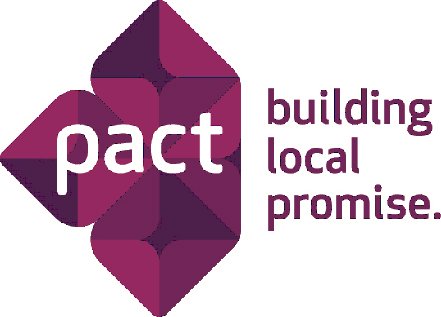
4 July 2018
5102
Study of Women-owned Coffee Enterprises in Southeast Asia
Scope of Work
Period of Performance: 23/07/2018 – 21/12/2018
Contract Type: Fixed Price
Introduction
USAID Green Invest Asia, a facility of the United States Agency for International Development (USAID), supports mid-growth agriculture and forestry companies with strategies, assessments and advice to improve their sustainable commodity production and business practices. In doing so, we ready companies for investment and help them access sustainable financing from banks, impact funds, climate funds and other institutions in our financial network.
Simultaneously, we work with private financial institutions to diversify, grow and de-risk their sustainability portfolios by matching investors to a pipeline of profitable, investment-ready agribusinesses. USAID Green Invest Asia also supports a gender lens approach to finance and investing based on evidence that businesses which prioritize women can increase production efficiencies and innovations.
Background
Coffee is a key commodity for many Southeast Asian countries. Vietnam and Indonesia are the second and third largest global producers and millions of people rely on coffee for their livelihoods. The Philippines, once a strong coffee exporter, now imports most of domestic consumption and accounted only less than 0.003% of global of roasted coffee in 2015. However, driven by rising domestic demand, the Philippines is looking to revive its coffee industry and better leverage the country’s potential as producer of all four coffee varieties[1]. Regionally and globally, demand for coffee is on a growth trajectory as more people in traditionally tea countries, such as China, increase their consumption of coffee. The total trade volume of green coffee beans has steadily increased over the past two decades, reaching a value of US$66.5 billion by 2015.
Women play a key role in coffee value chains and one that is increasingly attracting attention. This is not only because women perform between 50-80% of the work in coffee farms in the region. But particularly because women’s common tasks - picking, sorting, and drying - directly affect bean quality and hence the value of coffee produced. More women are also becoming first-generation coffee entrepreneurs or taking over family coffee businesses, and making inroads into traditionally male-dominated fields, such as roasting.
In this context, there are important opportunities for businesses and investors to leverage women’s large and growing role in coffee value chains. However, there is currently no information on the role and share of women-owned businesses within the coffee industry in Southeast Asian countries. This makes it challenging for buyers and investors to assess the size of this segment and its attractiveness in terms of financing needs and potential business partnerships.
Objectives
USAID Green Invest Asia seeks to hire a service provider to support the coordination and implementation of a study of women-owned coffee businesses in four Southeast Asian countries (Indonesia, Philippines, Cambodia, and Vietnam).
The study will focus on collecting primary data through:
Duties and Responsibilities
The selected service provider will provide:
Philippines
Indonesia
Vietnam
Cambodia
The selected provider will report to USAID Green Invest Asia Gender Advisor.
Deliverables
To Apply:
Interest candidates should submit company profile and a financial proposal via by email through thailandprocurement@pactworld.org by July 13th, 2018.
Payment Schedule/Level of Effort
|
# |
Deliverable |
Due Date |
Invoicing |
|
1 |
Organize meetings in the Philippines (5-6 key stakeholders & 4 women-owned coffee businesses) |
September 14th, 2018 |
50% |
|
2 |
“Overview of Coffee Sector” submitted |
October 15th, 2018 |
50% |
|
Total: |
|
100% |
|
Selection Criteria
|
Criteria |
Score |
|
Profound knowledge of the coffee industry in Philippines and Southeast Asia |
50
|
|
Wide network within women-owned coffee sector in Southeast Asia |
30 |
|
Good understanding of women’s entrepreneurship (SME level) in Philippines and Southeast Asia |
20 |
|
Total: |
100 |
[1] Arabica, Robusta, Liberica, Excelsa
[2] USAID Green Invest Asia has a paid account with SurveyMonkey, which will be used for this survey